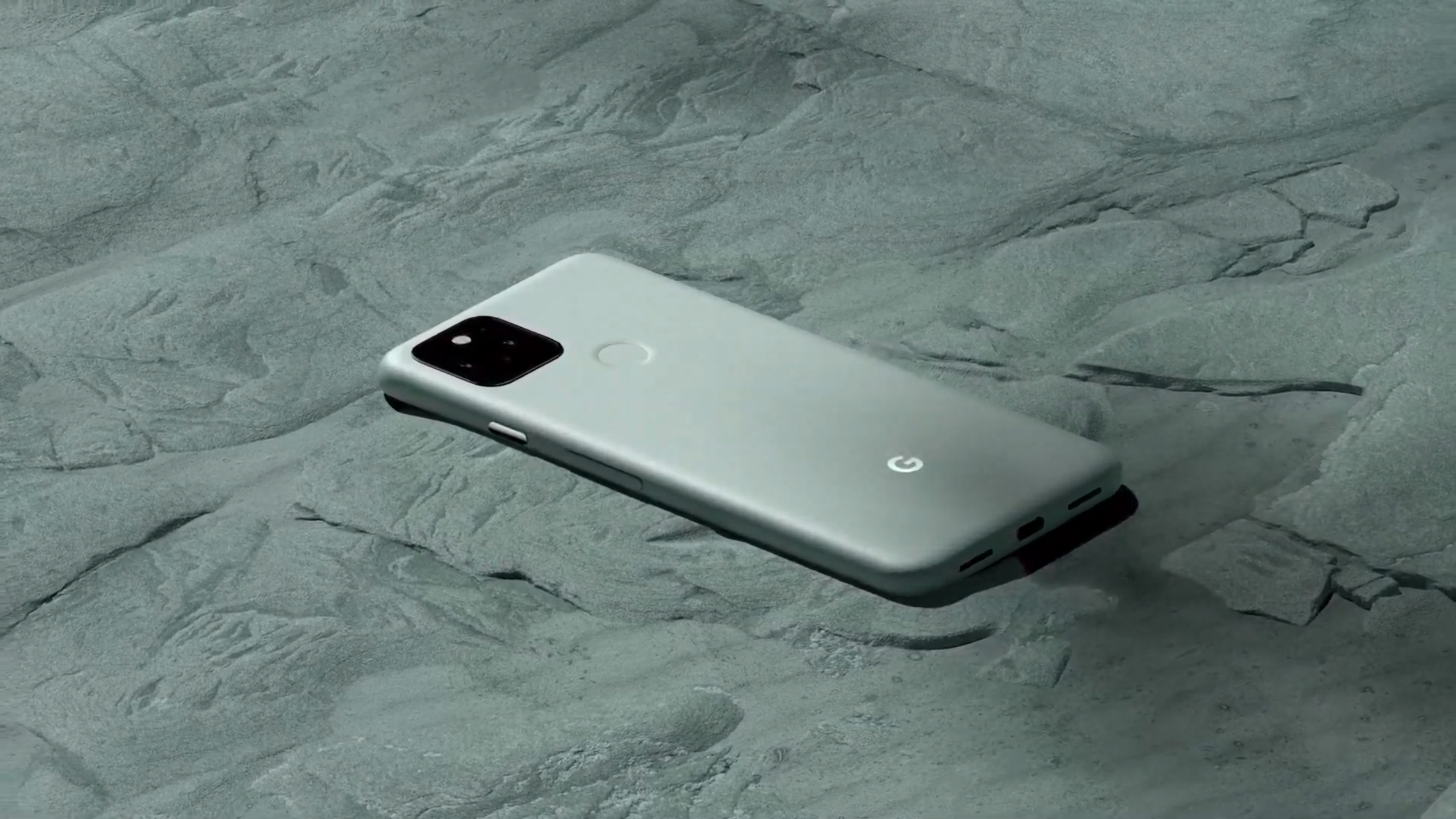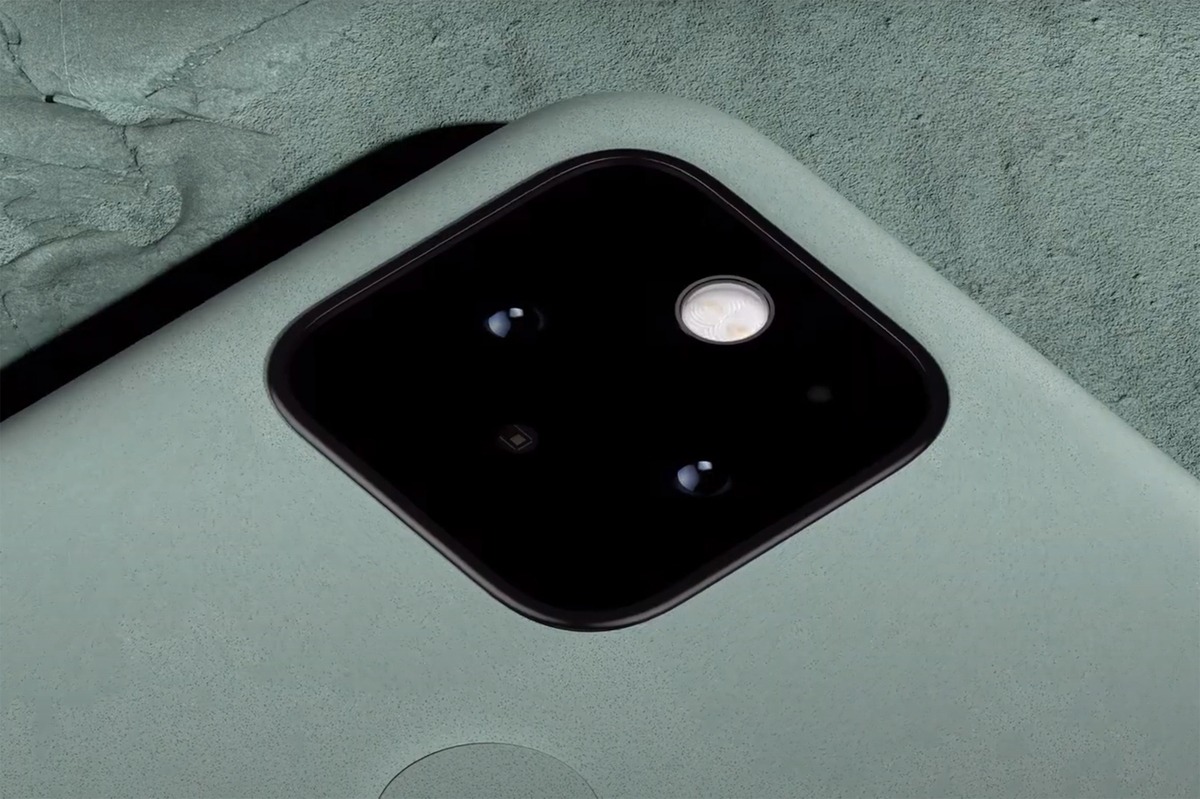The Pixel 5 makes me wish Google made a flagship smartphone
The Pixel line is excellent, but it could be so much more

The Pixel 5 was revealed last month at Google’s “Launch Night In” event and while we had a nearly perfect picture of the smartphone going in, I was still interested to hear Google’s pitch for this more affordable device. In this era where a device can rarely make it through the gauntlet of production without virtually all of its details being spilled, what I typically look for at announcements is the story the company has to tell about its new devices.
To say I was disappointed by the story Google had to tell about the Pixel 5 would be an understatement. Of its 31-minute presentation on Chromecast with Google TV, Nest Audio and two new 5G smartphones, only five minutes, at most, focused on the Pixel 5 hardware and software. This is your annual flagship smartphone launch and you can’t muster more than 5 minutes on why consumers should be interested? In fact, most of what was said about the Pixel 5 on stage was equally applicable to the Pixel 4a 5G, a sub-$500 smartphone that, from the presentation, you would rightly think was just as good as the $699 Pixel 5.
- Best smartphones in 2020
- Pixel 5 vs. Pixel 4a 5G vs. Pixel 4a: Which Pixel should you buy?
- iPhone 12 pre-orders are live — here are the best deals
I’m not mad, I’m just disappointed
Don’t get me wrong, I think the Pixel 5 is a solid smartphone; early reviews are looking generally positive and I look forward to reviewing it myself soon enough, but Google has done precious little to convince anyone of that fact. More than anything, the Google presentation solidified a feeling I had since the first leaks pointed to Google moving away from the top-tier flagship processor: that I would love to see Google produce an actual flagship phone.
I’ve owned every generation of Pixel smartphone (and all but two of the Nexus line), so I feel confident in saying that, while I have loved many of these smartphones, almost none of them have been on par with the top-tier hardware available from other manufacturers. Whether it be the battery life, RAM, or cameras, there has always been one or more major deficiencies in the Pixel hardware. It is with a herculean software effort that Google has made the Pixel line the nearly unanimous favorite in the world of smartphone photography, all while sticking to the same primary sensor since the Pixel 2 back in 2017.
A side effect of these efforts is that it has allowed Google in the last two years to build two of the best budget smartphones ever in the Pixel 3a and Pixel 4a. By all appearances, the Pixel 4a 5G is going to join them as a truly amazing value. But the Pixel 5 really suffers by comparison; I don’t think even the most glowing review of the Pixel 5 would deem it to be a good value for the hardware.
It feels as though Google essentially trapped itself into a price point for the Pixel 5 by virtue of the Pixel 4a ($349) and Pixel 4a 5G ($499). The Pixel 5 hardware simply doesn’t justify the leap up to $699, with the 90Hz display as the most notable upgrade from the Pixel 4a 5G. It fares even worse versus the likes of the iPhone 12 mini or Galaxy S20 FE, each of which costs $699. This is absolutely a price point Google should address (I suspect this new $699 to $799 price range to be one of the most contended over the next year), but that doesn’t preclude having a true flagship above it.

What would a true flagship Pixel offer?
The camera is perhaps the biggest pain point to me, which sounds laughable for the consensus "best smartphone camera around." But hear me out. Google has gone through a dance with the Pixel 4 and now the Pixel 5 cameras, telling us first that ultra-wide was nice, but not really necessary, and now this year, saying ultra-wide is where it's, at and you can just use digital zoom anyway. This would be acceptable in a world in which you can’t have three cameras in your smartphone, but we don’t live in that world. Devices like the Galaxy Note 20 Ultra offer you all three. Heck, even the $699 Galaxy S20 FE has a triple-camera setup, albeit with weaker sensors, and it's simply a better experience given the versatility.
Sign up to receive The Snapshot, a free special dispatch from Laptop Mag, in your inbox.
The Pixel line has been the pinnacle of smartphone photography for years, but at some point, you can’t continue to tie one hand behind your back and expect to keep winning. I have little doubt that Google still has the superior software know-how, but ultimately, the hardware advancements will overwhelm them. And with Apple pouring far more into the A14 Bionic’s machine learning (as Google abandons its Pixel Neural Core), this might be the year.

I won’t dwell on it for too long, but a return to the flagship Qualcomm Snapdragon processor would be part of the change I'm hoping to see. I think many users will be absolutely fine with the Snapdragon 765G found in the Pixel 5, but there’s no denying that it's perceptibly slower. The reviews of the Pixel 5 are littered with language saying it’s fine for day-to-day tasks and the like, but gamers and heavy smartphone users will feel the difference.
Finally, while this might be just me, what I would love to see from Google is some creativity with a flagship Pixel. While I think the Pixel 5 looks nice in its Sorta Sage color option, and there are some legitimately interesting aspects of its aluminum chassis with resin coating, it’s also the most safe and standard looking design the company could have mustered.
Just look at the Galaxy Z Fold 2 5G or even the new LG Wing. Now, these aren’t going to be best-selling smartphones, but they are incredibly unique and interesting. A company as large as Google should really be exploring new directions for smartphone design. Sure, there are going to be hits and misses, but that’s ultimately how breakthroughs happen, like with the original Galaxy Note. With Google’s budget and now mid-tier options seemingly performing well, the company should be in a position to go out on a ledge with a high-end smartphone that legitimately pushes the boundaries of Android smartphone hardware.
Sean Riley has been covering tech professionally for over a decade now. Most of that time was as a freelancer covering varied topics including phones, wearables, tablets, smart home devices, laptops, AR, VR, mobile payments, fintech, and more. Sean is the resident mobile expert at Laptop Mag, specializing in phones and wearables, you'll find plenty of news, reviews, how-to, and opinion pieces on these subjects from him here. But Laptop Mag has also proven a perfect fit for that broad range of interests with reviews and news on the latest laptops, VR games, and computer accessories along with coverage on everything from NFTs to cybersecurity and more.

